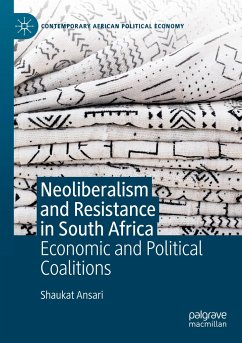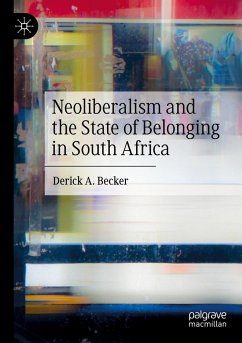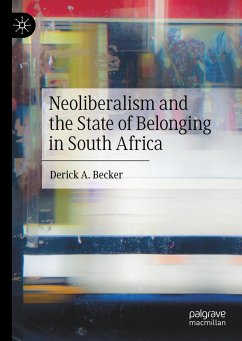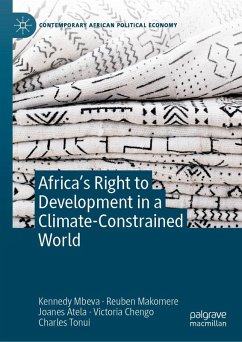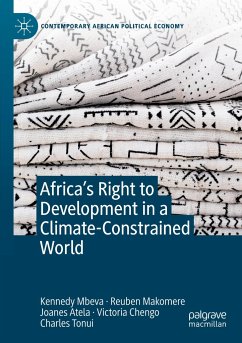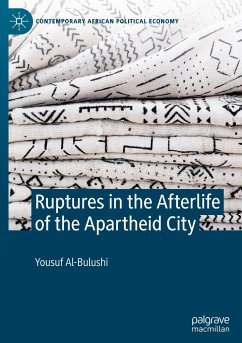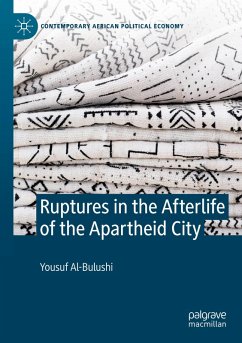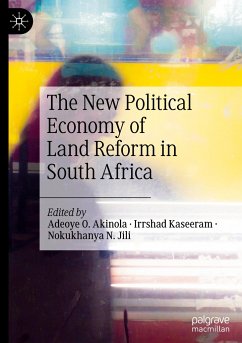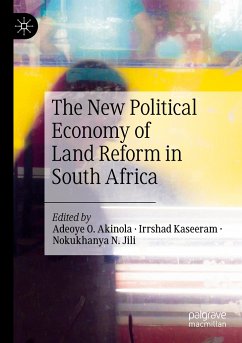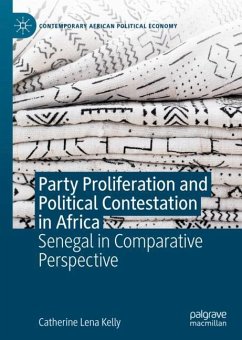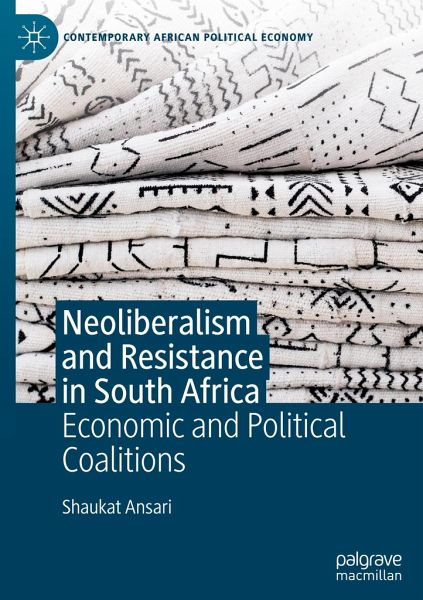
Neoliberalism and Resistance in South Africa
Economic and Political Coalitions
Versandkostenfrei!
Versandfertig in 6-10 Tagen
76,99 €
inkl. MwSt.
Weitere Ausgaben:

PAYBACK Punkte
38 °P sammeln!
This book critically examines the persistence of market orthodoxy in post-apartheid South Africa and the civil society resistance such policies have generated over a twenty-five-year period. Each chapter unpacks the key political coalitions and economic dynamics, domestic as well as global, that have sustained neoliberalism in the country since the transition to liberal democracy in 1994. Chapter 1 analyzes the political economy of segregation and apartheid, as well as the factors that drove the democratic reform and the African National Congress' (ANC) subsequent abandonment of redistribution...
This book critically examines the persistence of market orthodoxy in post-apartheid South Africa and the civil society resistance such policies have generated over a twenty-five-year period. Each chapter unpacks the key political coalitions and economic dynamics, domestic as well as global, that have sustained neoliberalism in the country since the transition to liberal democracy in 1994. Chapter 1 analyzes the political economy of segregation and apartheid, as well as the factors that drove the democratic reform and the African National Congress' (ANC) subsequent abandonment of redistribution in favor of neoliberal policies. Further chapters explore the causes and consequences of South Africa's integration into the global financial markets, the limitations of the post-apartheid social welfare program, the massive labour strikes and protests that have erupted throughout the country, and the role of the IMF and World Bank in policymaking. The final chapters also examine the political and economic barriers thwarting the emergence of a viable post-apartheid developmental state, the implications of monopoly capital and foreign investment for democracy and development, and the phenomenon of state capture during the Jacob Zuma Presidency.





